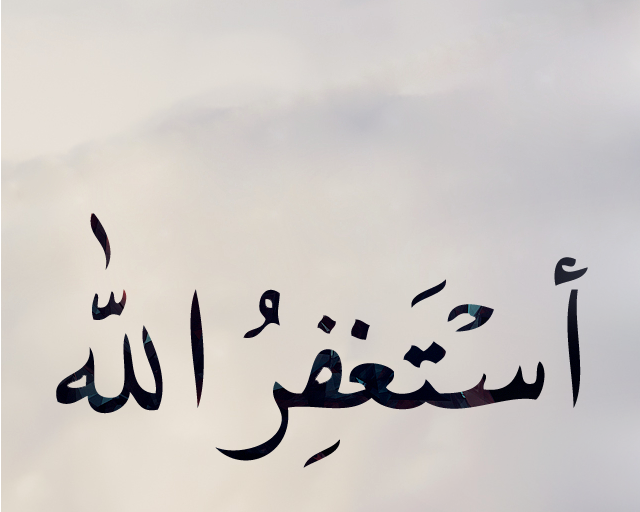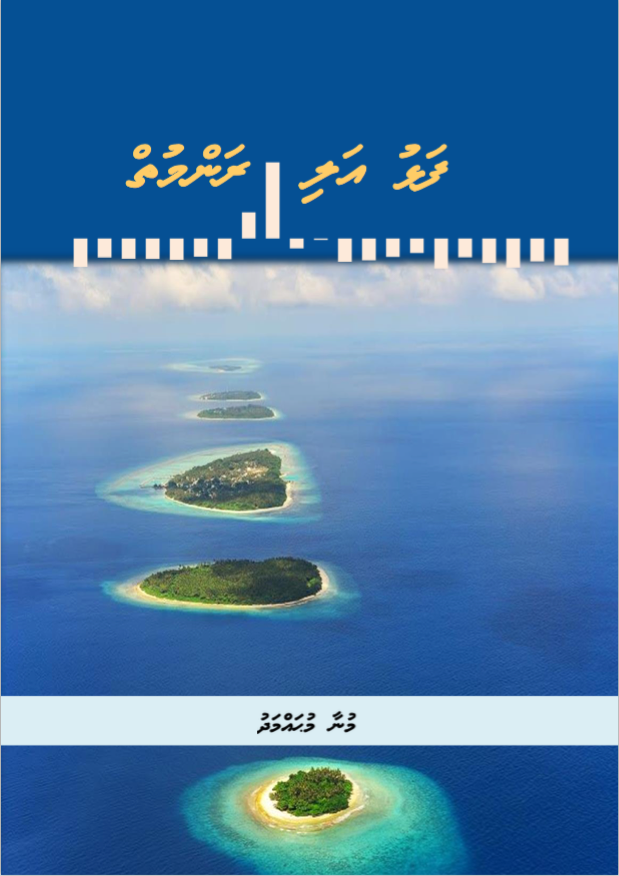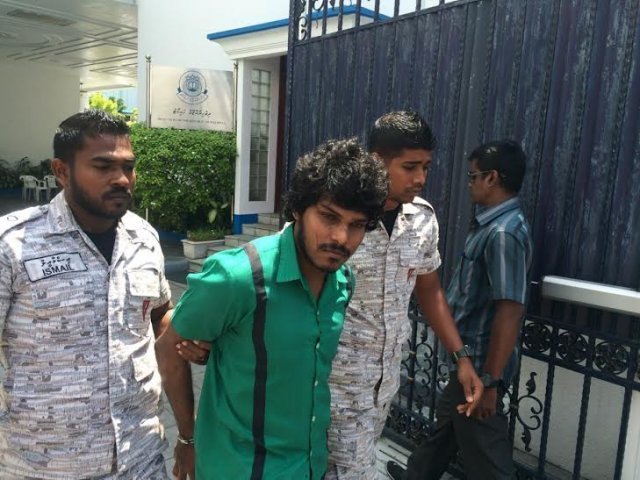An eye for an eye, or save the lives of mankind?

by Shahindha Ismail
“…whereas, if anyone saves a life, it shall be as though he had saved the lives of all mankind” (Al-Mai’dah – 5:32)[1]
Some few of us have spoken on the penalty of death in the Maldives. We have discovered many, many flaws in the trials and processes of criminal justice that have led to the verdicts to kill. Those of us who spoke against implementing the sentence have faced some heavy criticism, if not harassment, for having spoken against it. We have been called anti-Islamic, defenders of criminals, and we have been labelled as disbelievers. It is quite interesting, the rigour with which some of us have defended the death sentence with Islam here in our small nation. A 100% Islamic state – at least according to the Constitution.
The first person to comment on my previous article about killing Humaam, Kirudhooni, concluded, “until a relative of the writer is brutally killed the voice is justified”. Allah forbid that a relative of anyone face such an end. I cannot speak for those who have lost loved ones to brutal murders, but I can certainly understand their pain. Little do you know, Kirudhooni, that I have had my relatives face some unimaginable pain and brutality around here. I don’t see any benefit in putting those perpetrators through the same pain. The benefit I do see, however, is to prevent them from causing further injustice to another, and it does not have to be through violent means. I do not believe in taking an eye for an eye – what would I do with that third eye anyway? The two that Allah blessed me with are just fine as they are.
وَجَزَاء سَيِّئَةٍ سَيِّئَةٌ مِّثْلُهَا فَمَنْ عَفَا وَأَصْلَحَ فَأَجْرُهُ عَلَى اللَّهِ إِنَّهُ لَا يُحِبُّ الظَّالِمِين 42:40
“But [remember that an attempt at] requiting evil may, too, become an evil: hence, whoever pardons [his foe] and makes peace, his reward rests with God – for, verily, He does not love evildoers” (Ash-Shura)[2]
Thus the question that has burned a hole in my world of late: When did we become such a rancorous, unforgiving society?
It makes me wonder if our nation has always been like this. The answer I get every time is that no, we were a much gentler people. There were, of course, times when the whole country have shaken with the shock of those few events that we still hear of to this day – about the darkness, the iniquity of it. I do not believe it is our culture. It is what we call atrocities – what few people commit and the rest cannot relate with. There is the story of when Ibn Batuta, the Moroccan missionary who became a judge in the Maldives, first sentenced to cut the hands of a man, the people in the court fainted.[3]
Let us think about it. We have so much to think about, to do in a day, let alone a lifetime. Why should we resort to taking the life of another? I do not believe any of us have that right.
We, or at least many of us, have been raised with a common value. Forgiveness. As children our parents tell us to “let it go” many times. We carry that value close to heart through life, and eventually teach our children that vengeance serves no purpose, that bitterness is only a reflection of ourselves, and that forgiveness leads to peace. I wonder how many of the families who lost someone to brutal murders were reminded by the State of the concept of forgiveness in qisas. It appears to me that the notion of forgiveness associated with qisas in the Qur’an was deliberately omitted from the discourse. Why have our renowned sheikhs not spoken out about this issue? Not raised the aspect of forgiveness in these very trying times where a woman who lost her husband to a vicious slaying, the mother and father who lost a son in a blood bath, have faced the decision of whether they would like to have the man who is believed to have killed their loved one, killed in return? What state of mind are these families in when they are handed the fate of a man held captive? Was anyone asked if they would choose any other form of qisas?
وَكَتَبْنَا عَلَيْهِمْ فِيهَا أَنَّ النَّفْسَ بِالنَّفْسِ وَالْعَيْنَ بِالْعَيْنِ وَالأَنفَ بِالأَنفِ وَالأُذُنَ بِالأُذُنِ وَالسِّنَّ بِالسِّنِّ وَالْجُرُوحَ قِصَاصٌ فَمَن تَصَدَّقَ بِهِ فَهُوَ كَفَّارَةٌ لَّهُ وَمَن لَّمْ يَحْكُم بِمَا أنزَلَ اللّهُ فَأُوْلَـئِكَ هُمُ الظَّالِمُونَ 5:45
“And We ordained for them in that [Torah]: A life for a life, and an eye for an eye, and a nose for a nose, and an ear for an ear, and a tooth for a tooth, and a [similar] retribution for wounds; but he who shall forgo it out of charity will atone thereby for some of his past sins. And they who do not judge in accordance with what God has revealed – they, they are the evildoers!” (Al-Mai’dah)[4]
How unfortunate and unfair that the most beautiful and powerful portion of the verse has not been talked of in our society. “but he who shall forgo it out of charity will atone thereby for some of his past sins”
وَإِنْ عَاقَبْتُمْ فَعَاقِبُواْ بِمِثْلِ مَا عُوقِبْتُم بِهِ وَلَئِن صَبَرْتُمْ لَهُوَ خَيْرٌ لِّلصَّابِرينَ 16:126
“Hence, if you have to respond to an attack (in argument], respond only to the extent of the attack levelled against you; but to bear yourselves with patience is indeed far better for you, since God is with] those who are patient in adversity” (An-Nahl)[5]
Did the courts ever remind a family that Allah is with those who are patient in adversity? That patience is better for them? More importantly, why have we, as a community, looked on when men and women, in their moment of great weakness and sorrow over the unjust killing of a loved one, have been fed with the tools to do away with another life, been fed more bitterness and vengeance in the face of that calamity that will have changed them forever from the gentle souls they were raised to be? I fear it may be too late if we look on.
ذَلِكَ وَمَنْ عَاقَبَ بِمِثْلِ مَا عُوقِبَ بِهِ ثُمَّ بُغِيَ عَلَيْهِ لَيَنصُرَنَّهُ اللَّهُ إِنَّ اللَّهَ لَعَفُوٌّ غَفُورٌ 22:60
“Thus shall it be. And as for him who responds to aggression only to the extent of the attack levelled against him, and is thereupon [again] treacherously attacked – God will most certainly succour him: for, behold, God is indeed an absolver of sins, much-forgiving” (Al-Hajj)[6]
وَلَكُمْ فِي الْقِصَاصِ حَيَاةٌ يَاْ أُولِيْ الأَلْبَابِ لَعَلَّكُمْ تَتَّقُونَ 2:179
“for, in [the law of] just retribution, O you who are endowed with insight, there is life for you, so that you might remain conscious of God!” (Al-Baqara)[7]
Why have we not spoken of forgiveness entirely?
Have we been fooled to believe that Islam only teaches to take an eye for an eye? If this is so we will have a completely unforgiving nation a few generations down the line, would we not? Which turns my thoughts to the future. The generations that we will groom to lead us to peace and the right path – our children. Will we raise them to lead that dark life of hatred and vengeance?
No. The culture, the Islam, the identity of this small nation that our ancestors left us was something peaceful and gentle. We do not want to leave a legacy of blood for our children. We want them to learn that Allah is the ultimate owner of our souls, and that a life can only be given and taken by Him. Not on the streets and not by a state. We want them to have faith in truth and justice, and learn patience and forgiveness.
[1] www.islamicity.com
[2] www.islamicity.com
[3] Ibn Batuta in the Maldives and Ceylon, Albert Grey
[4] www.islamicity.com
[5] www.islamicity.com
[6] www.islamicity.com
[7] www.islamicity.com
Related:
Are we all going to kill Humaam?
Maldives state ready to kill Humam, and a way of life
Stop the death penalty, speak up
Shari’a and the death penalty: how Islamic is Marah Maru?

